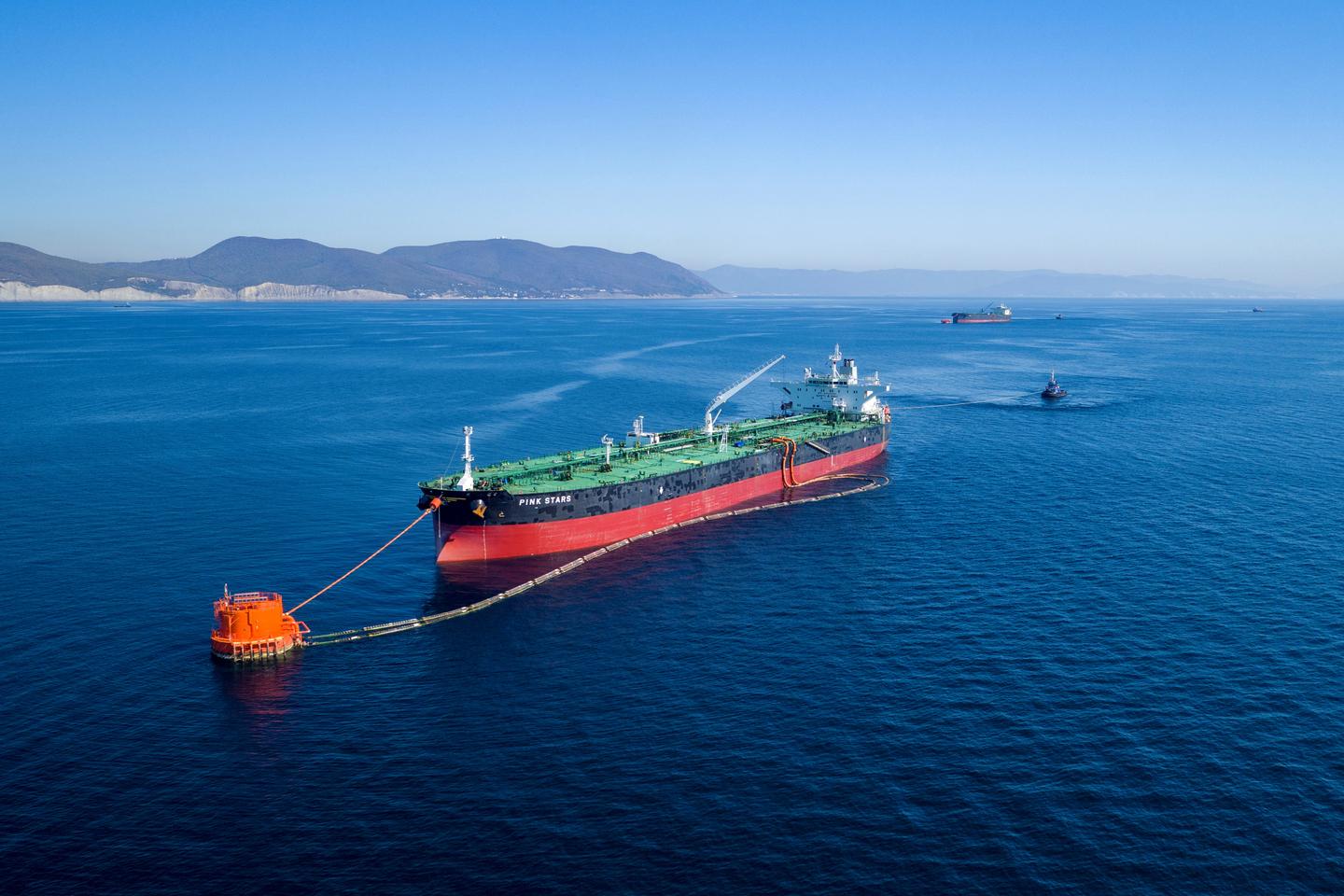


With wartime economies being established to confront Moscow, environmentalists see the hope for an effective fight against climate change dwindling. However, the two causes – defending democratic Ukraine and reducing greenhouse gas emissions (GHG) – are not contradictory. Russia's history since 1991 suggests that without halting its president, Vladimir Putin's ambitions, the climate challenge is at risk of being further sacrificed, and the world will be even more subjected to extractivism.
In March 2022, just days after the massive military invasion of Ukraine began, the philosopher and sociologist of science Bruno Latour (1947-2022) asserted in one of his last writings [published in the AOC review]: "The only thing I am sure of, absolutely sure, is that one must never choose between these two tragedies" – containing the aggression against Kyiv and mitigating the impending climate catastrophe.
A glimpse into Russia's environmental history shows that the Putin regime, for the past 25 years, has been more of an enemy than an ally on the climate front. According to European Union (EU) figures, Russian GHG emissions increased by 23% between 2000 and 2023, while they decreased by about 30% in the EU during the same period.
Soviet scientists had been pioneers in discovering global warming and its anthropogenic causes. This did not prevent climate skepticism from thriving in the USSR, due to the East-West divide and active, productive lobbies within the State. However, Soviet – and later Russian – experts participated in the work of the Intergovernmental Panel on Climate Change (IPCC), established in 1988, and contributed to the drafting of the Kyoto Protocol on GHG reduction in 1997. It was ratified by Russia at the end of 2004, in exchange for EU support for its accession to the World Trade Organization.
Major threat
Since then, the current leader of the Kremlin has done everything to distance his country from the IPCC's recommendations, which were nonetheless supported in Russia by the green movement and climate scientists. Climate action has been diluted into greenwashing by major companies linked to the power structure, against a backdrop of rapid deregulation in the mining sector, with no regard for the environment.
You have 60.5% of this article left to read. The rest is for subscribers only.
